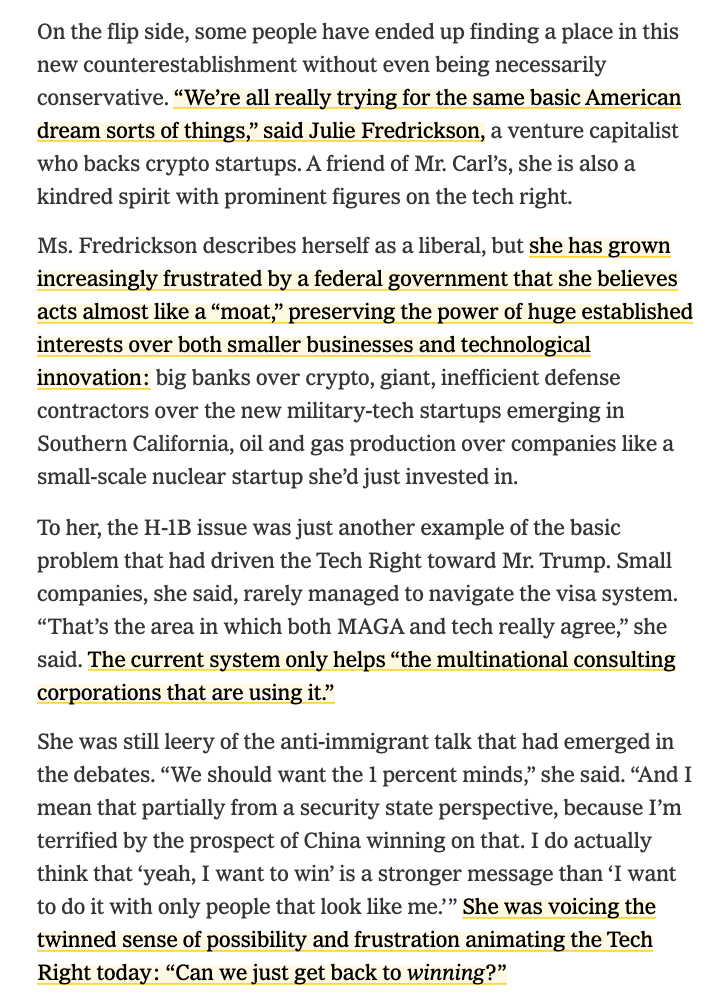I went to see a rheumatologist today. I had the baffling experience of them wanting to actually get to know me. Which was surprisingly unhelpful in the moment but really nails vibe we’ve got with healthcare in America.
I kvetched on Twitter that I spent my week defending hot girls and open source software while I deride Big Pharma and public employee unions. That’s more of a humble brag about my priorities. But I felt bad that I picked on pharmaceuticals. I got replies. Why harsh on pharmaceuticals? And actually fair.
Drug companies are the least bad of some very bad actors. For all its faults, drug companies are not just existing to be parasitic like pharmacy benefit managers or generate wealth through regulatory capture like Epic.
If anything pharma is the sad scapegoat in healthcare. We pick one drug a decade to laud & then like clockwork do a hard reversal on it in a decade or two. Patients get hurt and doctors did their best. We saw with statins, SSRIs, opioids, adderall, and I’m sure soon GLP-1s will be next to have Netflix documentaries. Someone is always to blame and it’s usually the drug companies.
Some category is designated a sin eater for the system’s horrors. Which isn’t at all fair as all those drugs serve real needs. Sorry Oxycodone you remain a villain. But why is American in so much pain?
Which gets back to my surprise as having a doctor who wanted to get to know me. We came in with a typed up diagnostics sheet with a timeline of treatments, protocols and medications and the bastard has the audacity to ask me about the quality of my life.
I hesitate to say “well shit” because I am Protestant from Scandinavians stock because we pride ourselves on being “oh just fine”
And of course I’m the asshole who quotes Kierkegaard at my doctor. Sickness unto death right Doctor? Which I guess is a bit of a downer.
The man actually asked me if I’d consider managing my pain more aggressively. I am absolutely mogged by the audacity of the sentiment that I could suffer less.
Apparently no one scans you for drug seeking behavior when you chuckle and kneel before what God has decided for you. So that’s a good trick I guess for the less sincere.
You can really see how public perception of RFK Jr is so different from what elite narratives would like to see. People are with RFK’s righteous indignation. Why are so many suffering?
The cranks and the crazies are here because America is mostly gaslit by a nest of bad incentives. Doctors don’t want any of this. Neither do the drug companies. But someone has to be blamed and it’s usually the guys with the money. But they are trying as hard as anyone to actually come up with solutions.
Maybe no one deserves to have a righteous Kennedy come after them. But everyone feels a little bit crazy with how the system works now.




